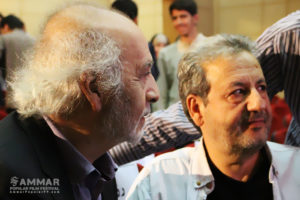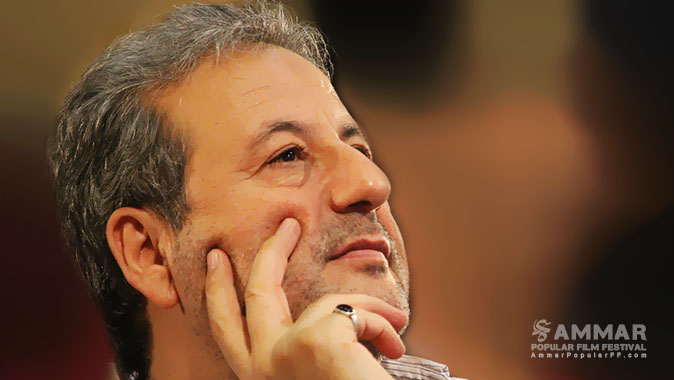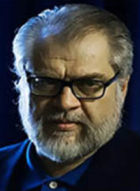For Anti-Imperialist Filmmakers Cinema Is Nothing But Revolutionary
TEHRAN (AIPFF) - The famous Iranian revolutionary filmmaker, Abolqasem Talebi, has talked on revolutionary cinema, pointing to the presence of the Chilean anti-coup filmmaker Miguel Littín in Tehran.
TEHRAN (AIPFF) – The famous Iranian revolutionary filmmaker, Abolqasem Talebi, has talked on revolutionary cinema, pointing to the presence of the Chilean anti-coup filmmaker Miguel Littín in Tehran.
“The relation between revolution and people is like that of mankind and breathing. The revolution does not take place without people and their presence,” said Talebi, referring to Littín’s remarks on popular and revolutionary cinema. “Respectively, the revolutionary cinema cannot be anything other than the popular cinema as revolution depends on people. Revolutionary cinema represents the people more than it represents its filmmaker. A revolution does not make sense unless people support it. This is true about cinema and any other cultural or political phenomenon as well,” he added.
The director of the movie “Iranian Orphanage” commented on Littín’s statement considering the revolutionary cinema as being the transcendental cinema. “The nature of cinema depends on filmmakers. It is the filmmaker who defines what to do and what not to do” said Talebi, adding, “to the revolutionary, and anti-imperialist filmmakers, cinema has nothing but a revolutionary nature, but for the filmmakers who consider cinema as a commercial industry this is not the case; they believe the nature of cinema is money. There are also filmmakers who seek to propagate corruption and depravity, being controlled by hegemonic systems. They believe the nature of cinema is nothing but sexual issues and instincts.

Abolqasem Talebi and Miguel Littin at 3rd Ammar Int’l Popular Film Festival – Photo: Ebrahim Vakili
“For man with an ideology, cinema is like a tool, complying with his positive and negative ideas. The effects are not individuals, but they are social and global. That is why a powerful and faithful filmmaker like Littín considers cinema as having a revolutionary nature. He is a revolutionary man looking for changes and improvements, therefore he thinks of cinema and every cultural and social tool as having an effective and revolutionary nature,” stated the director of “Golden Collars”.



